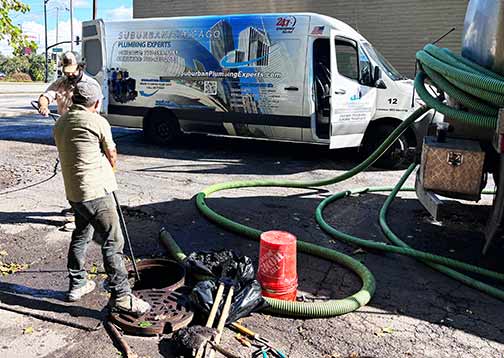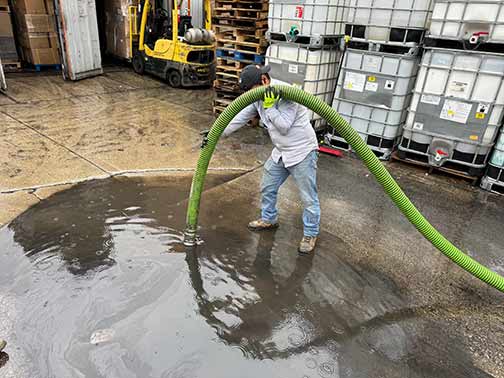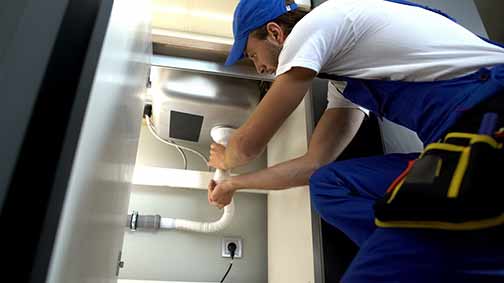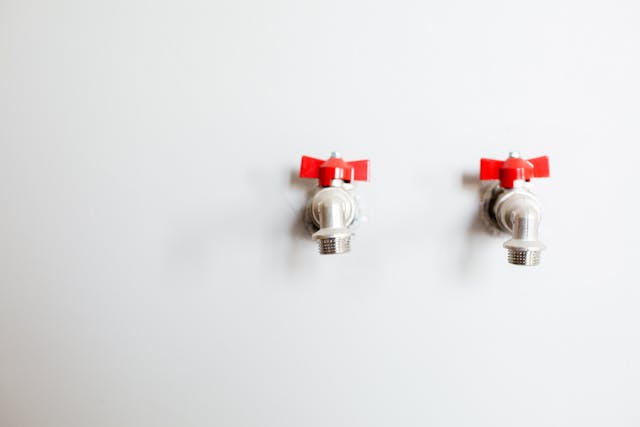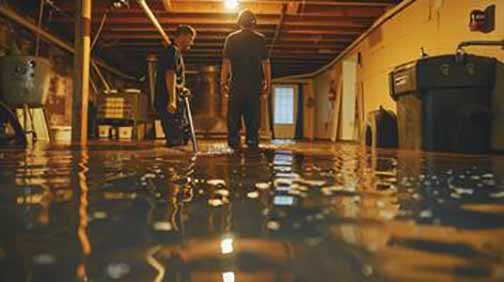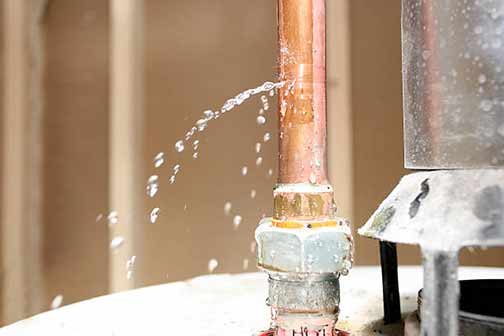
Plumbing leaks are often underestimated by homeowners, but they pose significant hidden dangers that can lead to severe damage if not addressed promptly. These leaks can occur in various parts of the plumbing system, including pipes, faucets, and appliances. Understanding the hidden dangers of plumbing leaks is essential to appreciate the importance of professional services for detection and repair.
The Financial Impact of Plumbing Leaks: How Small Drips Can Lead to Large Bills
One of the most immediate and noticeable consequences of plumbing leaks is the financial impact. Even a small leak can lead to a significant increase in water bills over time. The constant drip of water may seem insignificant, but it can waste gallons of water each day, leading to higher utility costs. Additionally, leaks can cause damage to walls, floors, and ceilings, resulting in expensive repairs and replacements. The financial burden of these repairs, combined with the ongoing increase in water bills, can be substantial, making it essential to address leaks as soon as they are detected.
Structural Damage Caused by Plumbing Leaks: The Hidden Threat to Your Home’s Foundation
Plumbing leaks can cause extensive structural damage to a home. Water seeping into the foundation can weaken the structure, leading to cracks and instability. Leaks in walls and ceilings can result in mold growth, which not only damages the building materials but also poses health risks to the occupants. Over time, the continuous exposure to moisture can compromise the integrity of the building, making it unsafe for habitation. The cost of repairing structural damage can be exorbitant, and in severe cases, it may require extensive renovations or even rebuilding parts of the home.
Health Risks Associated with Plumbing Leaks: Mold, Mildew, and Pests
Plumbing leaks can create an environment conducive to mold and mildew growth. Mold spores can spread throughout the home, causing respiratory problems, allergies, and other health issues. In addition to mold, standing water from leaks can attract pests such as mosquitoes, rodents, and insects, which can carry diseases and pose additional health risks. The presence of mold and pests can significantly impact the well-being of the household members. Addressing leaks promptly can help prevent these health risks and ensure a safe living environment for everyone in the home.
The Role of Professional Services in Leak Detection: Advanced Tools and Techniques
Detecting plumbing leaks can be challenging, especially when they are hidden behind walls or under floors. Professional plumbers use advanced tools and techniques to identify leaks accurately. These tools include thermal imaging cameras, acoustic listening devices, and moisture meters. By employing professional services for leak detection, homeowners can ensure that even the most elusive leaks are identified and addressed promptly. Professional leak detection services can save time and money by pinpointing the exact location of the leak and preventing further damage.
The Importance of Timely Repairs by Professionals: Preventing Escalation and Complications
Once a plumbing leak is detected, it is crucial to have it repaired by professionals. Attempting to fix leaks without the proper knowledge and tools can lead to further damage and complications. Professional plumbers have the expertise to assess the extent of the damage and provide effective solutions. Timely repairs by professionals can prevent the escalation of the problem, saving homeowners from costly repairs and potential health hazards. Professional repairs also ensure that the plumbing system is restored to optimal condition, reducing the likelihood of future leaks.
Preventative Measures to Avoid Plumbing Leaks: Maintenance and Proactive Steps
While professional services are essential for detecting and repairing leaks, homeowners can also take preventative measures to avoid plumbing leaks in the first place. Regular maintenance of the plumbing system, including inspecting pipes, faucets, and appliances, can help identify potential issues before they become significant problems. Additionally, insulating pipes, especially in colder climates, can prevent them from freezing and bursting. Being proactive in maintaining the plumbing system can reduce the risk of leaks and the associated dangers. Homeowners should also be mindful of signs of potential leaks, such as water stains, dampness, or unexplained increases in water bills, and take action promptly if any issues are detected.
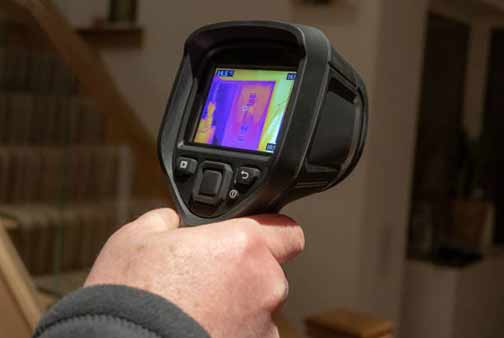
Professional plumbers use advanced tools and techniques to identify leaks accurately. These tools include thermal imaging cameras, acoustic listening devices, and moisture meters.
The Long-Term Benefits of Professional Plumbing Services: Peace of Mind and Safety
Investing in professional plumbing services for leak detection and repair offers long-term benefits for homeowners. By addressing leaks promptly and effectively, homeowners can avoid the financial burden of high water bills and costly repairs. Moreover, preventing structural damage and health risks ensures the safety and well-being of the household members. Professional plumbing services provide peace of mind, knowing that the plumbing system is in good condition and free from hidden dangers. Regular maintenance and inspections by professionals can also extend the lifespan of the plumbing system, reducing the need for frequent repairs and replacements.
Choosing the Right Professional Plumbing Service: Factors to Consider
When it comes to addressing plumbing leaks, selecting the right professional plumbing service is crucial. Homeowners should look for licensed and experienced plumbers who have a proven track record in leak detection and repair. Reading reviews and seeking recommendations from friends and family can help in making an informed decision. Additionally, choosing a plumbing service that offers comprehensive solutions, including maintenance and emergency plumbing services, ensures that all plumbing needs are met effectively. It is also important to consider the responsiveness and reliability of the plumbing service, as timely intervention can make a significant difference in preventing damage and mitigating risks.
Conclusion: The Essential Role of Professional Services in Preventing Plumbing Leaks
Plumbing leaks may seem like minor inconveniences, but they can lead to significant hidden dangers if left unaddressed. The financial impact, structural damage, and health risks associated with leaks underscore the importance of professional services for detection and repair. By investing in professional plumbing services, homeowners can ensure the safety, integrity, and longevity of their homes. Taking preventative measures and choosing the right plumbing service further enhances the protection against plumbing leaks, providing peace of mind and a secure living environment. Ultimately, the expertise and advanced tools of professional plumbers are invaluable in safeguarding homes from the hidden dangers of plumbing leaks.
